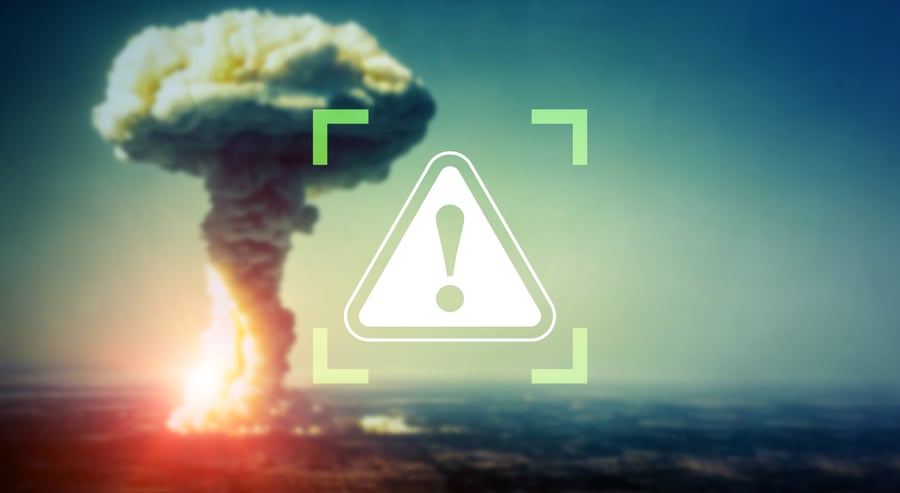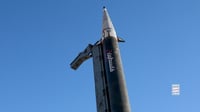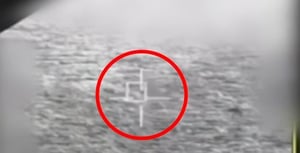
Secretary of State Antony Blinken has informed G7 counterparts that an attack by Iran and Hezbollah against Israel could occur as early as today (Monday), according to three sources briefed on a conference call held Sunday, and as reported by Axios.
Key Points:
- Blinken convened G7 foreign ministers to coordinate diplomatic efforts
- U.S. believes both Iran and Hezbollah will retaliate for recent assassinations
- Attack could start within 24-48 hours, possibly as soon as today (Monday)
- U.S. aims to minimize retaliation and prevent all-out war
The urgent call comes in the wake of vows from Iran and its Lebanese ally Hezbollah to respond to the assassinations of Hamas political leader Ismail Haniyeh in Tehran and Hezbollah military commander Fuad Shukr in Beirut, which they attribute to Israel.
Unlike the April 13 Iranian attack on Israel, which involved hundreds of drones and missiles largely intercepted by Israel and its allies, Blinken expressed uncertainty about the form of the impending retaliation.
"We express our deep concern over the heightened level of tension in the Middle East which threatens to ignite a broader conflict in the region," the G7 ministers said in a statement following the call. They urged all parties to "refrain from perpetuating the current destructive cycle of retaliatory violence."
U.S. Diplomatic Efforts
Blinken emphasized to his G7 counterparts that limiting the scope of potential attacks is crucial to preventing a wider conflict. He requested that they apply diplomatic pressure on Iran, Hezbollah, and Israel to exercise maximum restraint.
The Secretary of State also clarified that the recent boost in U.S. forces in the region is purely defensive. Sources reported that Blinken sounded frustrated when discussing recent Gaza hostage and ceasefire negotiations with Israel, noting that a deal is now "needed more than ever."
Regional Preparations
As tensions escalate, other countries in the region are taking precautionary measures:
- Gen. Michael Kurilla, commander of U.S. Central Command, is expected in Israel on Monday to coordinate with the Israel Defense Forces.
- Israeli Prime Minister Benjamin Netanyahu met with defense and intelligence chiefs, warning that "Whoever seeks to harm us will pay a very heavy price."
- Jordan's Foreign Minister Ayman Safadi made a rare visit to Tehran, expressing concern about potential escalation.
The situation remains fluid, with regional and global powers working to prevent further escalation in an already volatile Middle East.

















1 Comments